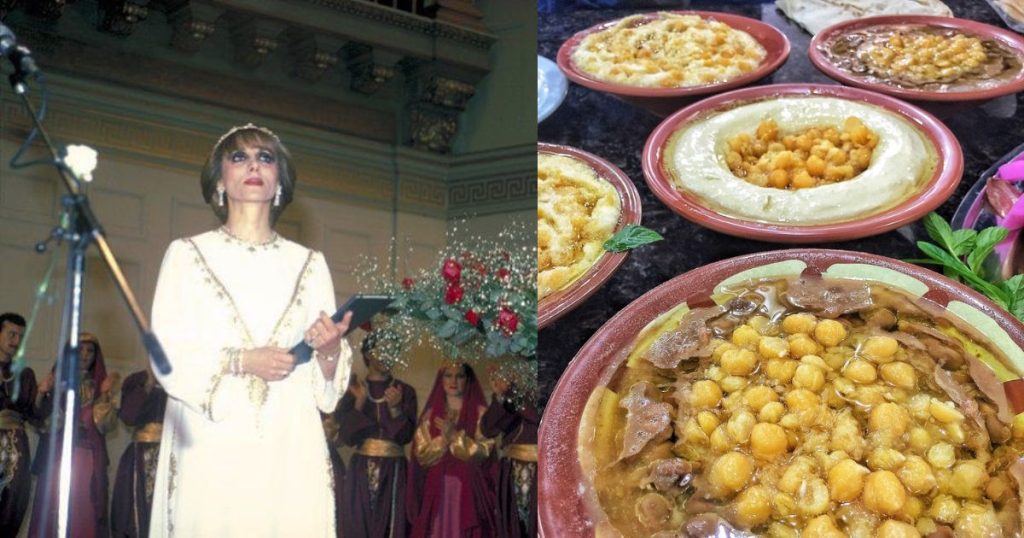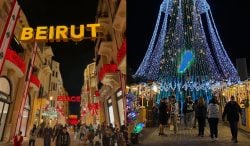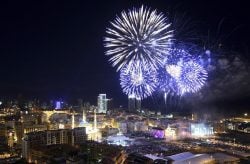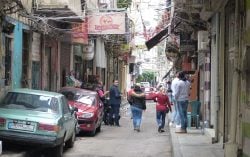Nightlife Over Missiles? The Cringe Side of Lebanon’s “Resilience” Aesthetic
Videos of Iranian missiles flying over Lebanon while people were partying flooded social media this past weekend, and Lebanon’s nightlife didn’t flinch, like it was just another Saturday night out. But at some point, you have to ask: when does “thriving against all odds” become a performance? And why do we keep glorifying it?
I don’t know about you, but the whole “Only in Lebanon” or “This is Lebanon” jokes are getting very old. In the face of horrifying events, like an all out regional war, we always find time for the humiliation ritual we call “resilience”.
There’s no rulebook on how to cope with crisis. Wanting a moment of escape, especially in a country shaped by war, is entirely human.
The “Only in Lebanon” narrative is just a recycled version of “rising like the Phoenix” or “the happiest depressed people in the world.” But when do we stop turning hardship into a catchphrase? When do we admit that this isn’t something to glorify or be proud of, and it’s just people trying to survive?
What’s supposed to be a message of resilience was drowned out by a whole aesthetic, which we’ve been using since the post-Lebanese Civil War era.
It’s no coincidence that our response to crisis so often becomes an aesthetic. We’ve been trained to package pain in nostalgia, to turn trauma into national pride, and to call it “resilience.” From dancing under missiles to clinging to clichés like Fairuz, hummus, and dabke, Lebanon’s post-war identity has leaned more on performance than on healing.
There’s nothing wrong with loving our culture. But we can’t keep mistaking collective trauma for unity, or chaos for character. At some point, resilience has to mean more than surviving. It has to mean remembering and reckoning.

Why Do Lebanese People Love Clichés About Lebanon? Let’s Talk About It
We’re obsessed with Fairuz, hummus, and dabke. And there’s actually a reason Lebanese people love these clichés about Lebanon.
“Made in Beirut” Tee
High quality t-shirt that is available in either round neck loose fit made of 100% cotton with short sleeves, or fitted cropped with a round neck and short sleeves (95% cotton,5% elastane).
غررووووووفي Tee
High quality t-shirt that is available in either round neck loose fit made of 100% cotton with short sleeves, or fitted cropped with a round neck and short sleeves (95% cotton,5% elastane).
“Made in Beirut” Tee
High quality t-shirt that is available in either round neck loose fit made of 100% cotton with short sleeves, or fitted cropped with a round neck and short sleeves (95% cotton,5% elastane).
غررووووووفي Tee
High quality t-shirt that is available in either round neck loose fit made of 100% cotton with short sleeves, or fitted cropped with a round neck and short sleeves (95% cotton,5% elastane).





